Think Glocal: Local Innovative Solutions for Global Environmental Challenges - The CLIENT Funding Programme

The CLIENT and CLIENT II programme of the German Federal Ministry of Education and Research (BMBF) has promoted international cooperation for sustainable development over 14 years. With more than 100 projects in 33 countries and a total volume of approximately 200 million euros, the programme pursued two main objectives: strengthening international cooperation and bringing sustainable innovations to market. On 28th and 29th November 2024, the third CLIENT conference took place in Berlin, where Magdeburg-Stendal University of Applied Sciences was also present with an exhibition stand.
Magdeburg-Stendal University of Applied Sciences in the CLIENT Programme
The Ecological Engineering Research Group at Magdeburg-Stendal University of Applied Sciences owes much to the CLIENT and CLIENT II funding programmes. These programmes enabled not only applied research projects in Central Asia and particularly Vietnam, but also established trusted partnerships with industry partners and research institutions in the partner countries. One notable outcome is the university partnership between Magdeburg-Stendal University of Applied Sciences and the Industrial University of Ho Chi Minh City in Vietnam, which has flourished for over six years.
Professor Petra Schneider brought this research expertise to the funding programme when she joined the university from a consulting firm in 2015. Since then, she has contributed to five CLIENT projects, three of which involved Magdeburg-Stendal University of Applied Sciences as a project partner. Her involvement began with the joint project SAFEUSE (2013-2016), which developed innovative concepts for the sustainable securing and intelligent repurposing of the decommissioned Gò Cát landfill in Ho Chi Minh City, serving as a model for other landfill sites in the region. Projects such as MAREX (2015-2019), SAND! (2019-2022), and the current RENO-TITAN project (2023-2026) focused on the responsible and efficient use of mineral resources, particularly for the construction industry. This focus is crucial as rapid urban development in Vietnam has led to a sharp increase in demand for scarce mineral resources such as gravel and sand, often resulting in severe environmental consequences. In the SAND! project, the team evaluated potential sustainable alternative construction materials based on quality and life cycle assessment, including rice husk ash, fly ash, industrial slag, and recycled construction and demolition waste for various applications such as concrete, road construction, and landfill covers. Currently, RENO-TITAN is exploring options for the safe reuse or, if necessary, disposal of radioactive residues from titanium mining in Vietnam.
Thematic Diversity: Seven Fields, Seven Examples
The numerous projects in the CLIENT II programme covered seven thematic fields across 32 countries. Here are some examples - not only from our portfolio:
- Resource Efficiency & Circular Economy: The BestBioPLA project (2019-2022) developed bio-based plastics for the automotive industry in Brazil that are both mechanically durable and biodegradable.
- Natural Hazards: The TRANSPOND project (2017-2020) developed a cross-border environmental information system between Kyrgyzstan and Uzbekistan for rapid response to heavy rainfall or landslides that could release radioactive uranium mining legacy waste into the Syr Darya.
- Water Management: In Kazakhstan, the TERESA project (2021-2024) worked on integrating blue-green infrastructure (nature-based solutions for water management and urban greening) in the rapidly growing new capital Astana to prevent flooding and secure drinking water supply.
- Land Management: The Locust-Tec project (2018-2023) combated locust infestations in Kazakhstan using innovative satellite and drone technology.
- Climate Change Adaptation: CapTain Rain (2021-2024) worked in Jordan on flash flood forecasting and prevention, as well as utilising precious rainwater in the capital Amman and the region around the UNESCO World Heritage site of Petra.
- Climate Protection/Energy Efficiency: The EnaTex project (2021-2025) optimises energy efficiency in Indonesia's textile industry through innovative technologies and renewable energy, aiming to save at least 15% of primary energy.
- Sustainable Energy Systems: EnerSHelF (2019-2023) developed solutions in Ghana for reliable power supply to healthcare facilities using photovoltaic systems.
Key Insights from the CLIENT Programme
The long-term international cooperation within the CLIENT programme has yielded valuable insights for future development projects. These can be divided into two core areas:
Consolidation of Sustainable Solutions
A key success factor is the long-term establishment of project results on site. The maintenance and servicing of developed systems prove to be critical points. Implementing technical solutions alone is not sufficient - clear responsibilities must be defined from the start, and corresponding contracts must be concluded during the project period. The early involvement of local or other authorities is essential, as they ensure the subsequent adoption and continuation of the projects. At the same time, experience shows that alongside research institutions, a balanced mix of governmental and private sector partners is optimal. While well-connected government partners can be important door-openers, industry partners often enable the practical implementation and market introduction of innovations. However, a particular challenge for some private companies as project partners is the high required contribution to project financing.
A proven approach is the development of 'tangible' demonstration projects. This facilitates not only communication but also the subsequent consolidation of results.
Collaborative Partnership
Building trust between international partners requires time and patience. Successful projects are characterised by collaboration on equal terms, where the status of partners equalises over time. It is important to build upon the existing motivation in the partner country and to respond flexibly to changing conditions.
In general, it was found that partner countries consistently welcomed environmental innovation projects, and the resulting products and capabilities were perceived as competitive advantages.
With an exceptionally long runtime of 14 years, the programme has set new standards for international research cooperation. Although there will not be a CLIENT III, the Ecological Engineering Research Group at Magdeburg-Stendal University of Applied Sciences will continue its forward-looking international research work in environmental innovations, building upon its established international network.
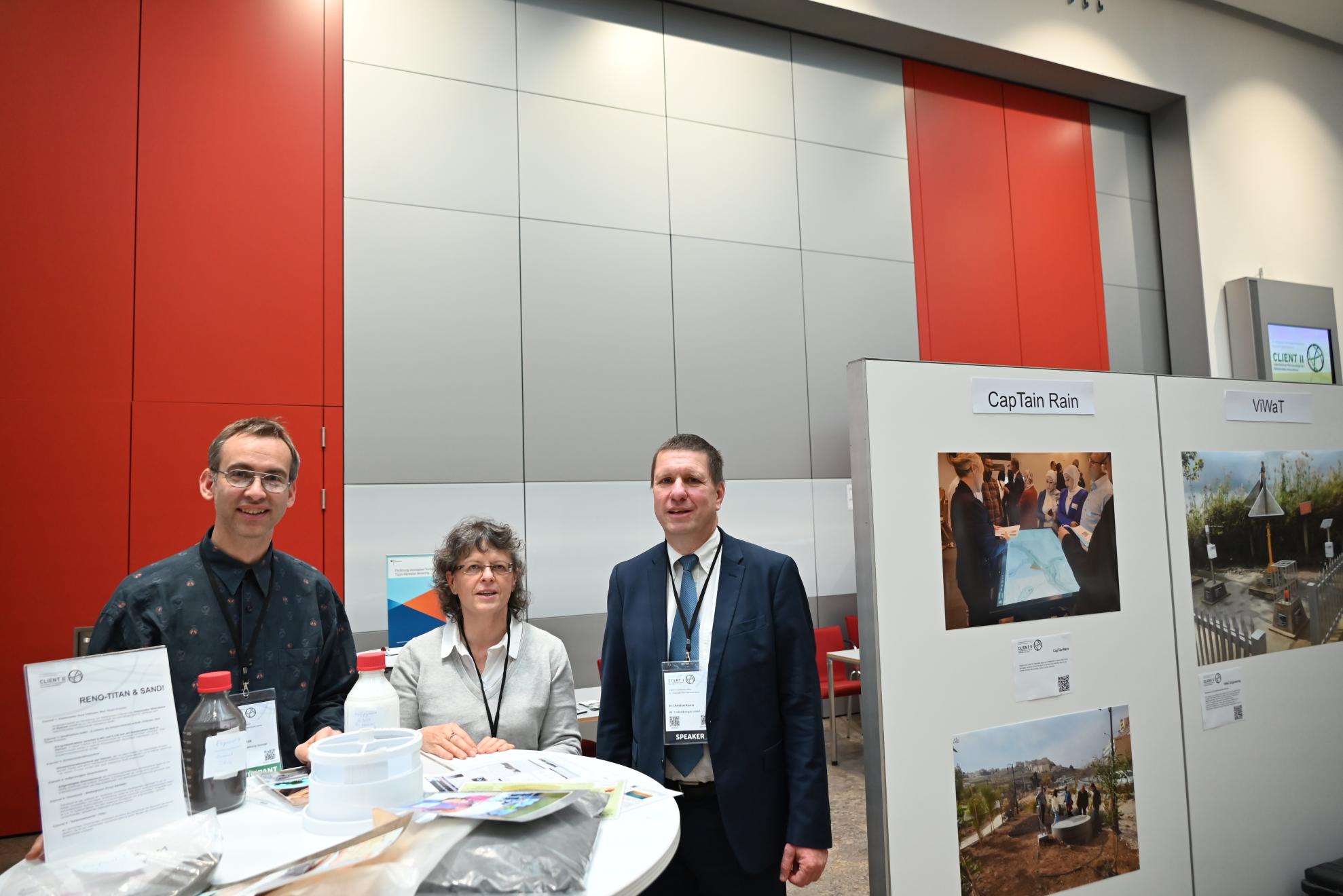
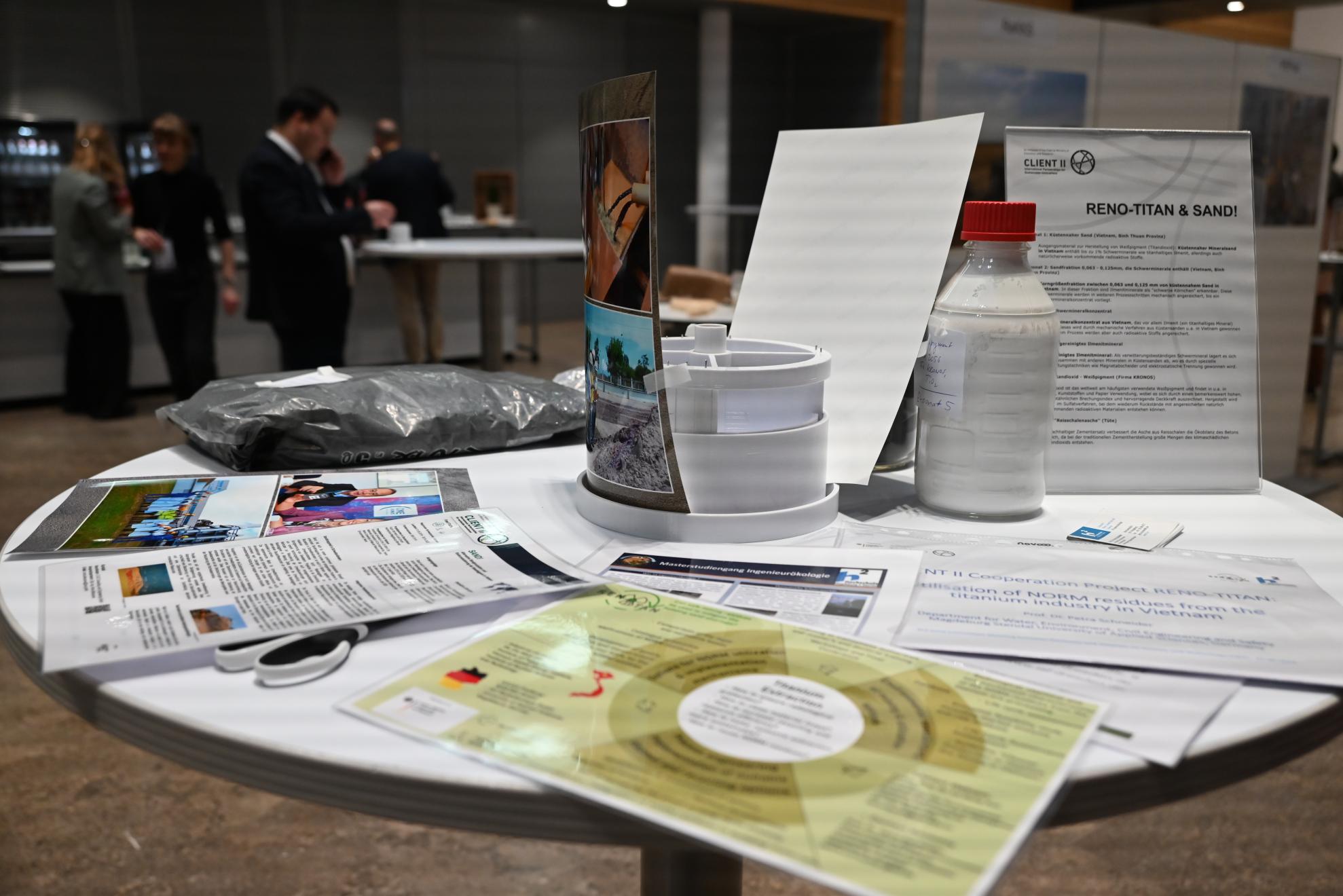
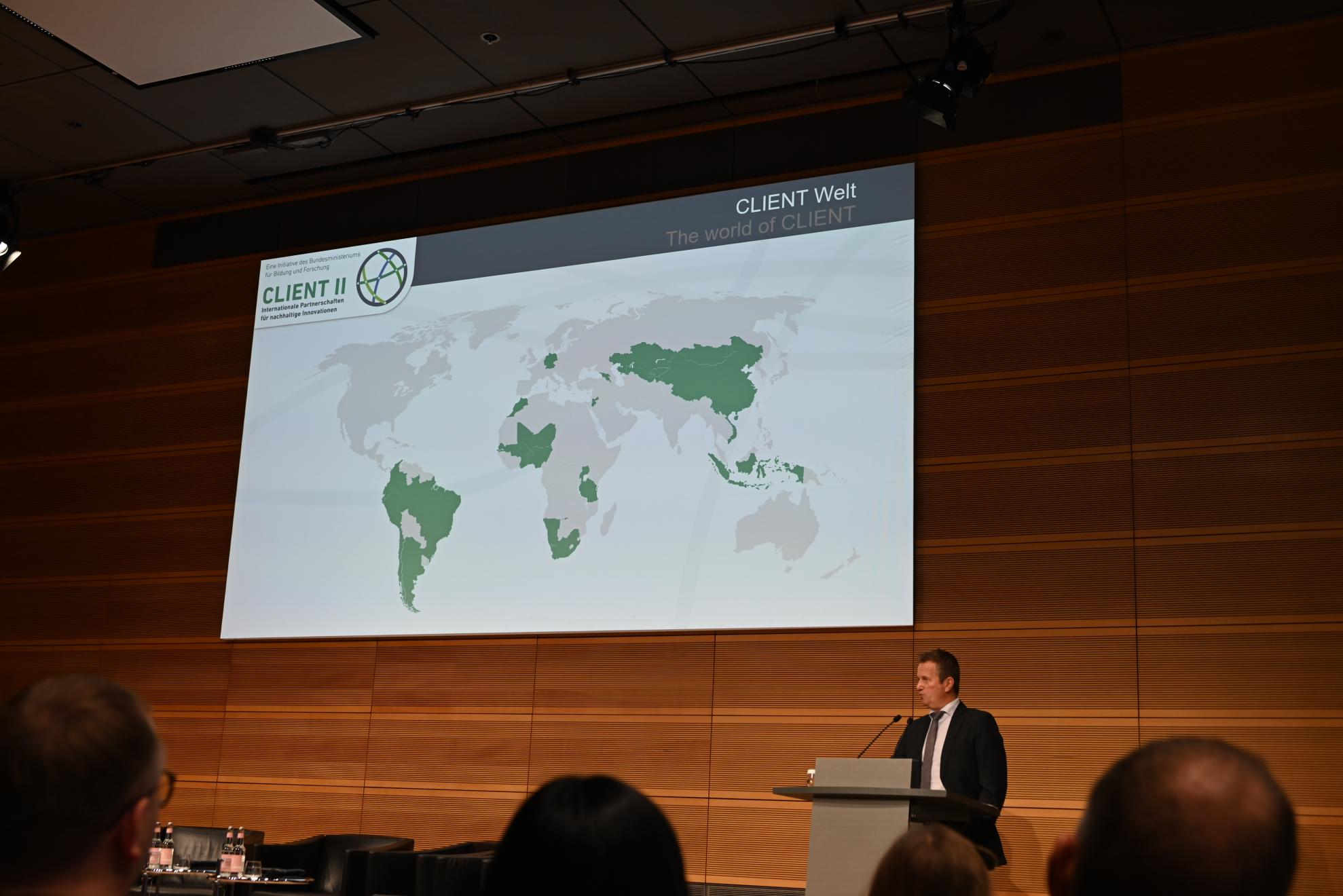
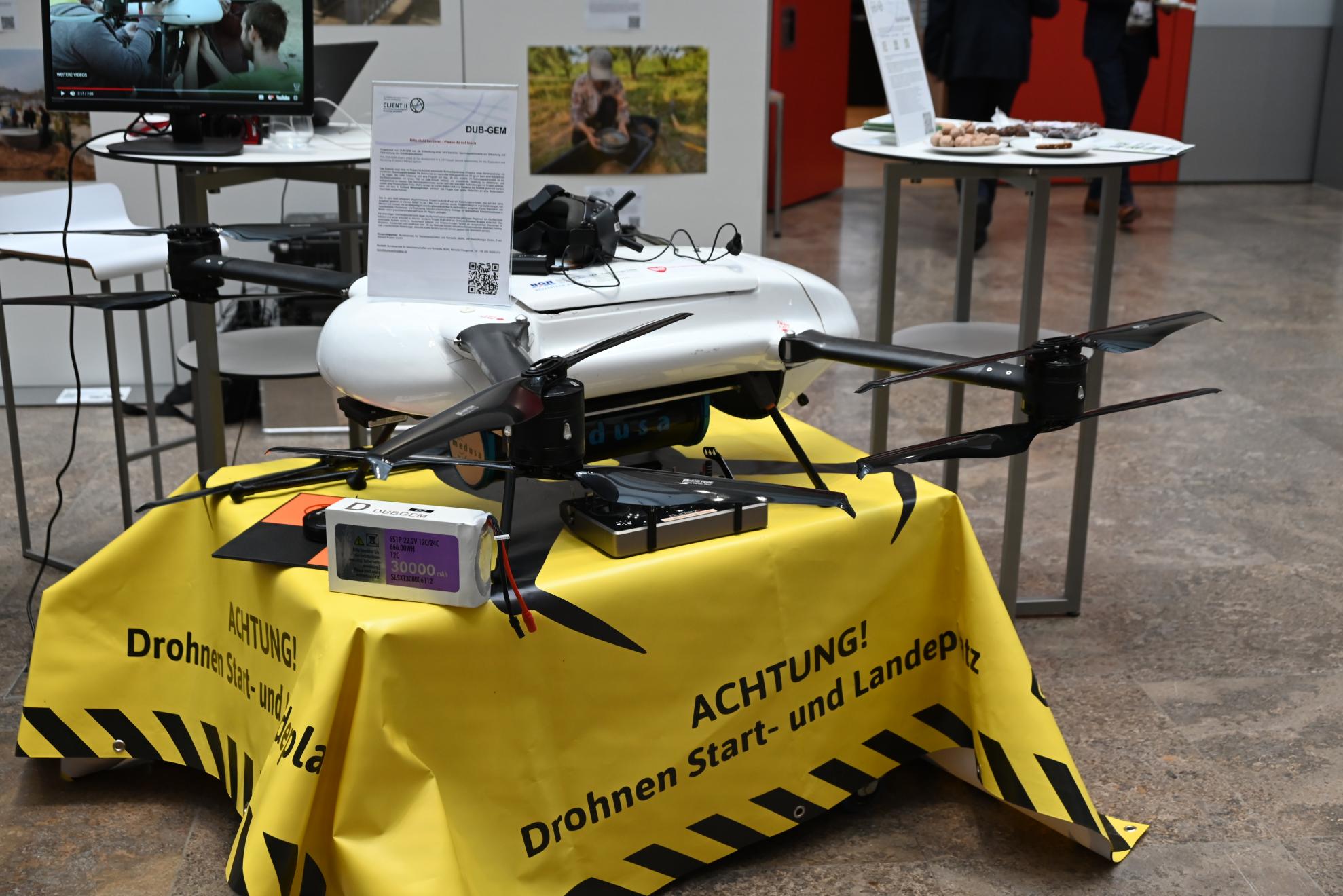
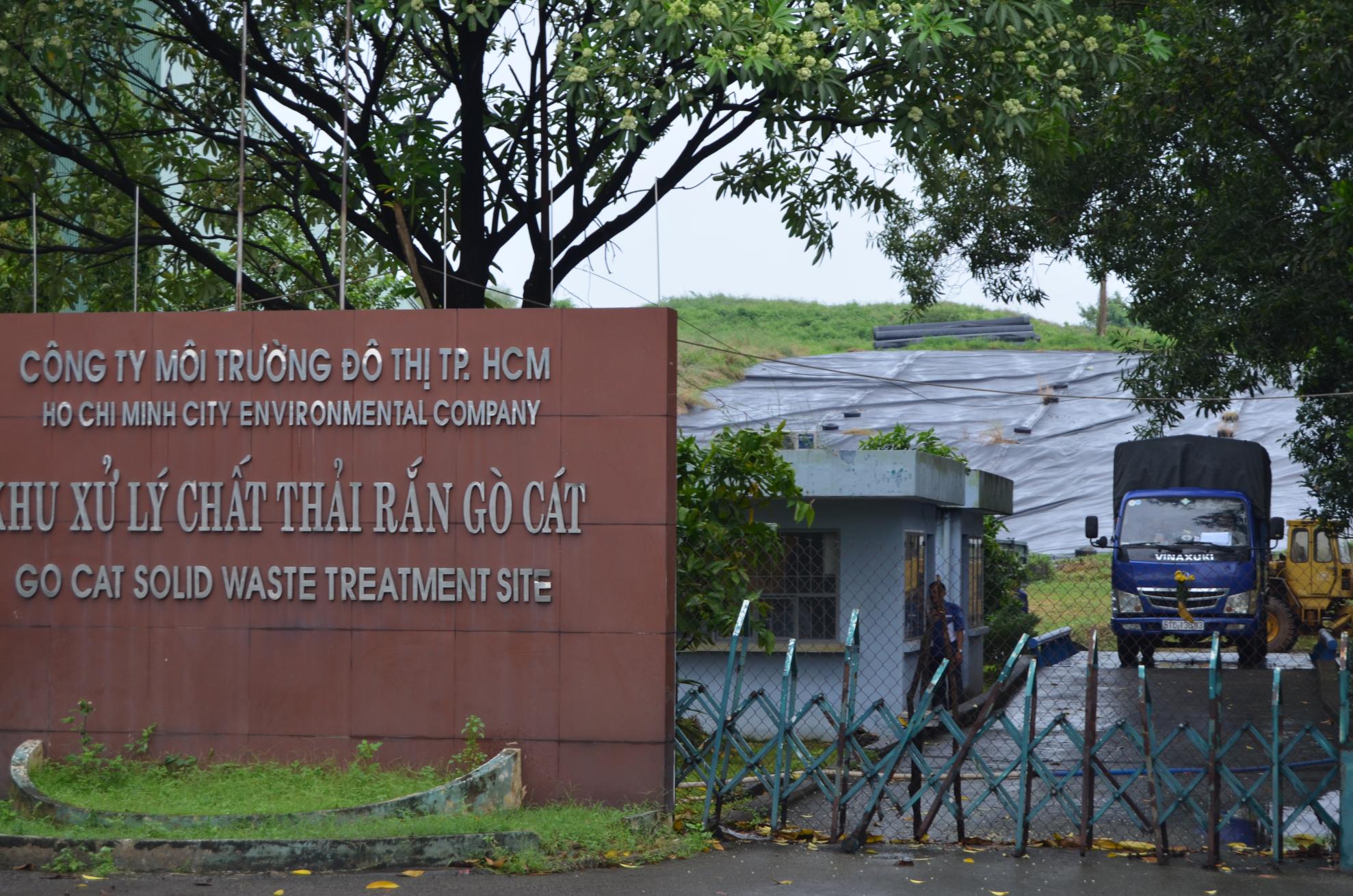
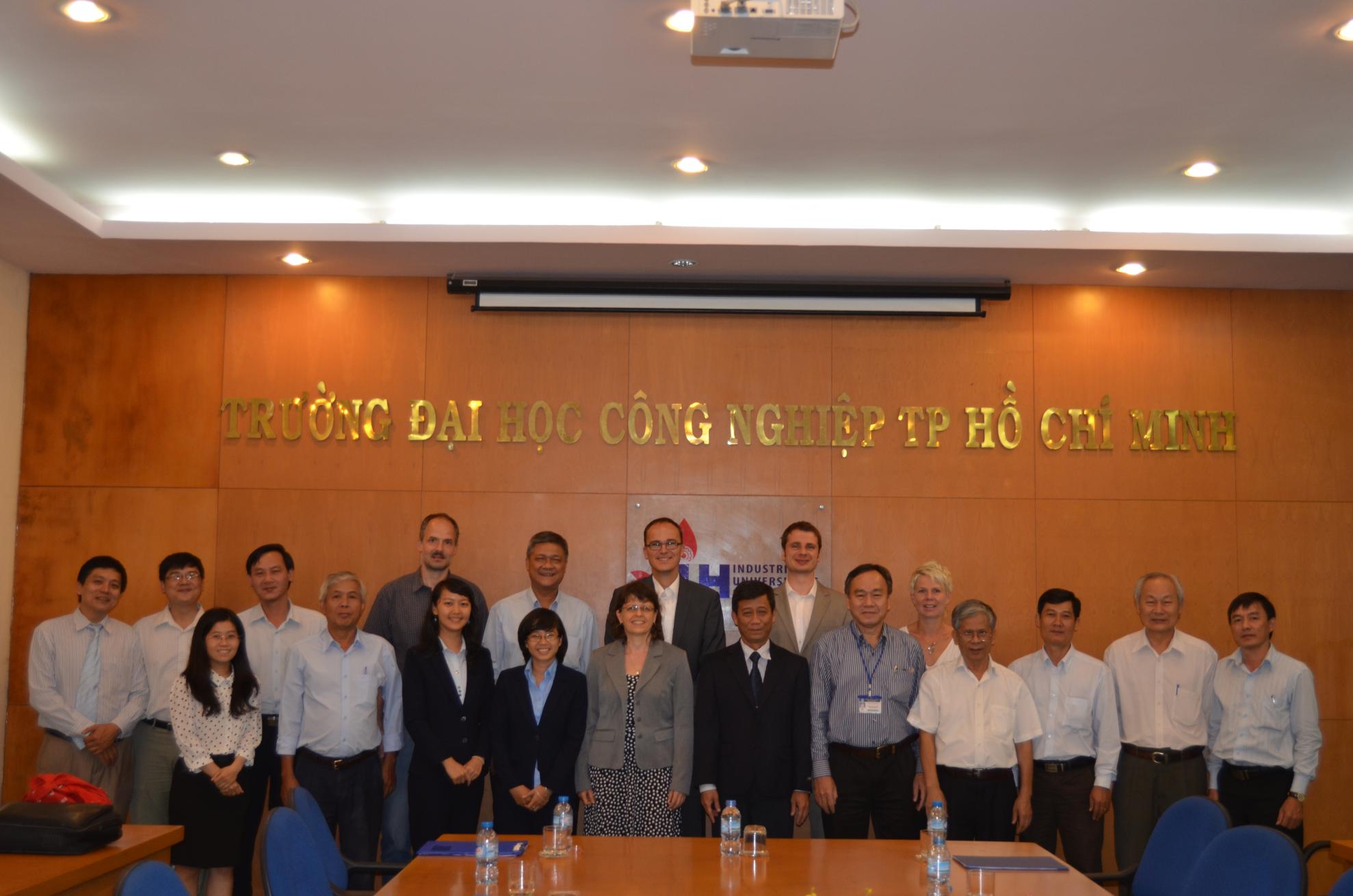
| Voriger Beitrag | Zurück zur Übersicht | Nächster Beitrag |

